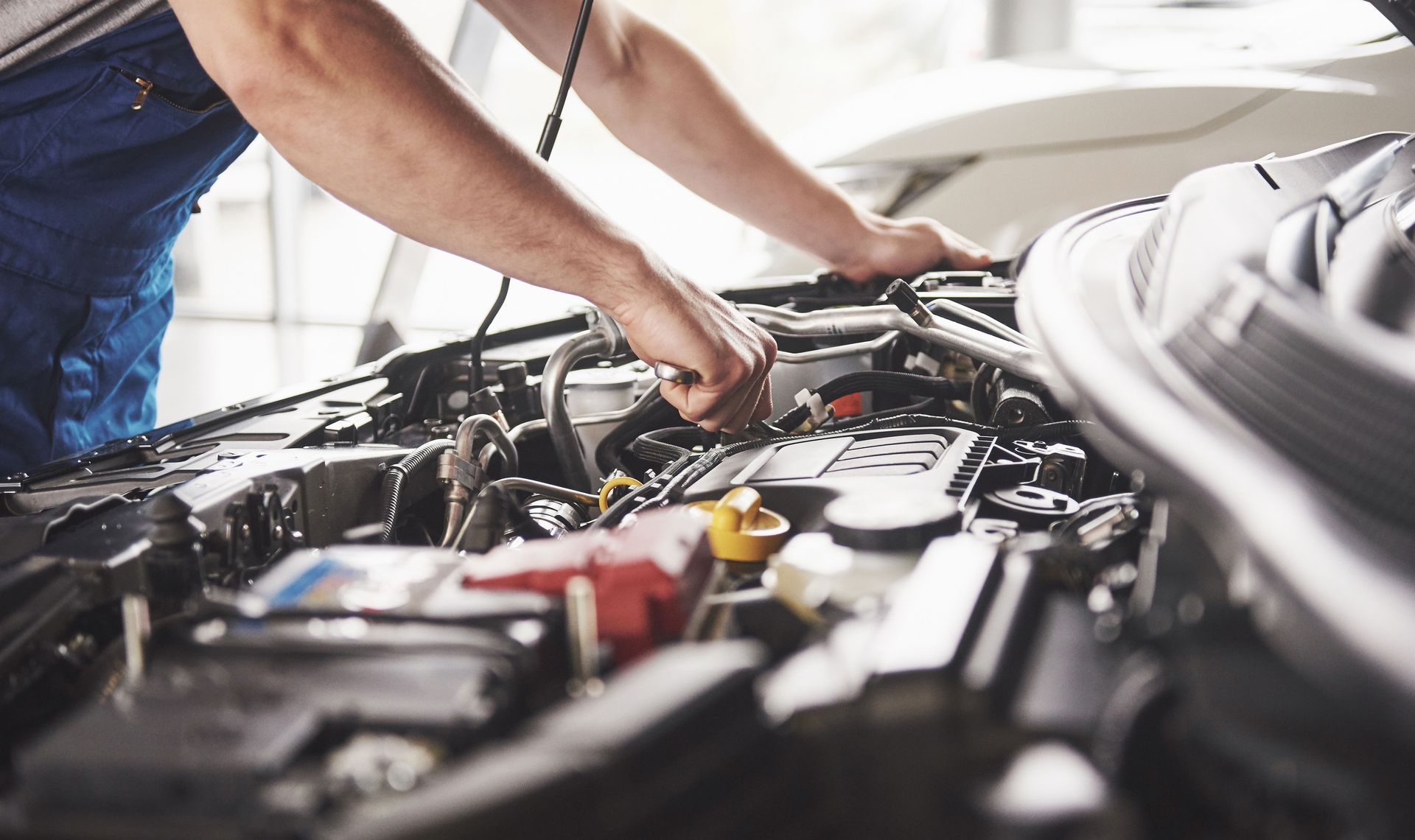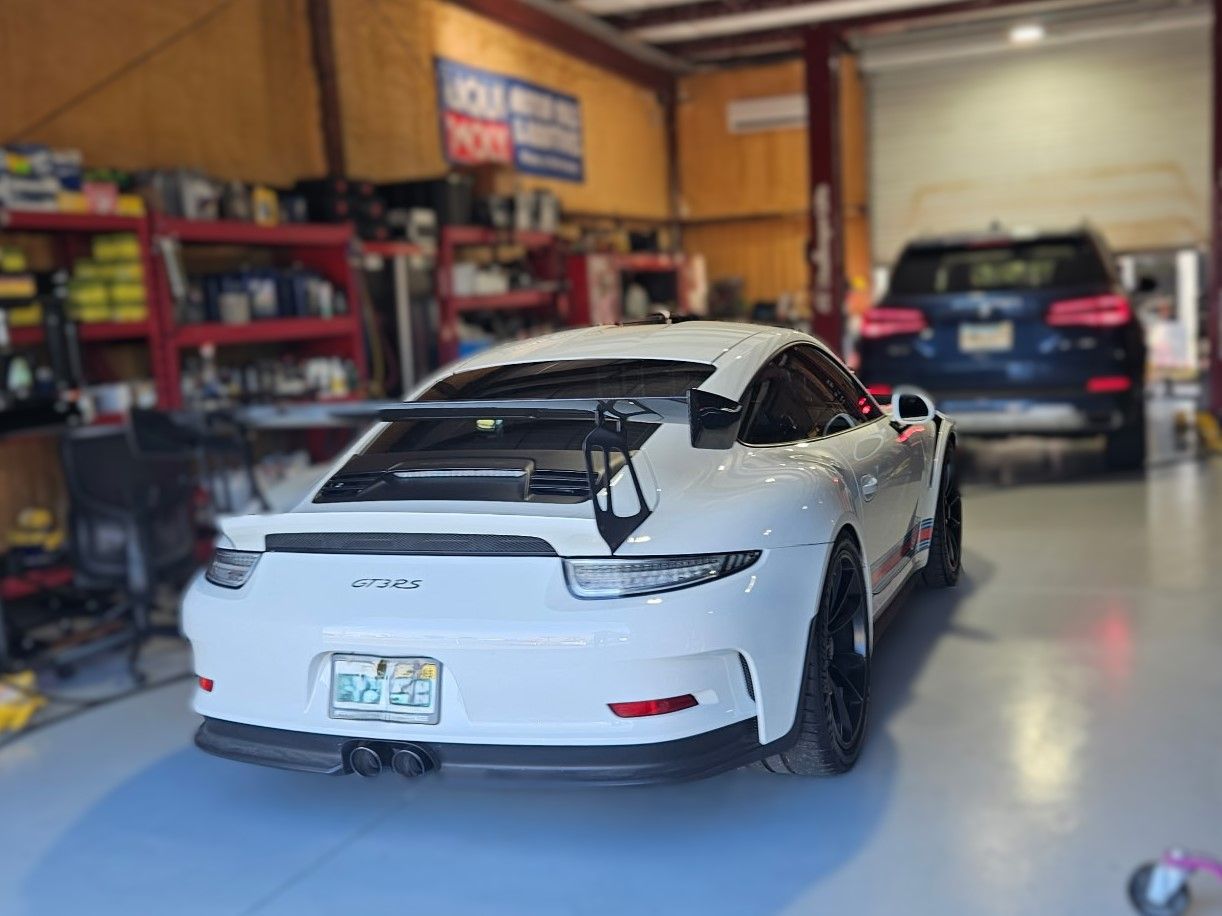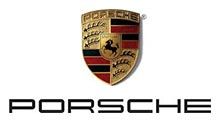November 11, 2025
European cars have long been admired for their precision engineering, performance, and luxury features. However, maintaining them in the United States—especially in Florida’s hot and humid climate—requires a different approach than what many drivers are used to. These vehicles are built to exacting standards that demand a higher level of care, from specialized diagnostic systems to specific fluids and components. Drivers who own brands like Porsche, BMW, Mercedes-Benz, Audi, or Volkswagen quickly learn that routine maintenance and European auto repairs can’t be treated the same way as with domestic or Asian vehicles.
Each brand brings its own unique engineering philosophy, and these differences directly affect how they should be serviced. For example, BMW focuses on balance and precision, Mercedes-Benz emphasizes innovation and comfort, while Volkswagen, Audi are known for performance efficiency. These distinctions make it essential to have knowledgeable technicians who understand the inner workings of European systems and the differences between brands. Florida’s climate adds yet another layer of complexity, with extreme heat and humidity often testing the limits of engine cooling systems, electrical components, and interior comfort features—making timely European auto repairs vital.
Part of what makes European vehicles distinct is their advanced technology and tight tolerances. This sophistication translates to exceptional performance when maintained properly, but it also means that neglecting small details can lead to costly European auto repairs. From the type of oil used to the need for manufacturer-grade parts, the differences in maintenance standards are significant. Understanding these key distinctions helps owners protect their investment and keep their vehicles performing as intended.
Below are six ways that European car maintenance stands apart from standard service practices and what drivers in Florida should keep in mind when it comes to keeping their vehicles in top condition.
1. Precision Engineering Requires Specialized Tools
European vehicles are engineered with tight tolerances and high-performance systems that demand precise servicing. Most domestic garages don’t have the specialized diagnostic tools or equipment necessary to accurately service these cars. Brands like Audi and BMW rely on proprietary computer systems for diagnostics, meaning technicians must use manufacturer-approved scanners to identify and repair issues. Without these tools, even minor service jobs can result in incomplete or incorrect European auto repairs.
For Florida drivers, this precision becomes even more important due to the state’s climate. The heat and humidity can affect engine performance and electronics, requiring regular diagnostic checks to keep systems running efficiently. Having a technician who understands these nuances and uses the right tools makes a major difference in preventing long-term issues and maintaining proper European auto repairs.
2. European Cars Often Require Specific Fluids and Parts
Unlike many American vehicles, European cars are highly sensitive to the types of fluids and replacement parts used. They often require manufacturer-approved synthetic oils, coolants, and brake fluids that meet strict specifications. Using generic alternatives might save money in the short term but can cause premature wear or even system failure. These fluids are engineered for the high compression and advanced systems found in European engines, and the same applies to proper European auto repairs.
Similarly, parts such as filters, spark plugs, and sensors are often designed to tighter tolerances. Substituting non-OEM components can reduce performance and interfere with warranty coverage. In a state like Florida, where the heat can accelerate fluid breakdown, adhering to these standards is crucial for maintaining reliability, performance, and successful European auto repairs.
3. Maintenance Intervals Tend to Be Longer—But More Critical
European car manufacturers often recommend longer intervals between services, particularly for oil changes. According to Makes & Models, an online automotive resource, European vehicles like Audi and Volkswagen usually get oil changes every 10,000 to 15,000 miles instead of the usual 3,000 to 5,000 mile intervals. These extended intervals are possible due to the use of high-grade synthetic oils and precise engine engineering. However, these schedules depend heavily on consistent upkeep and professional European auto repairs.
While longer intervals may seem convenient, they don’t mean maintenance can be ignored. Florida drivers face extreme heat, humidity, and stop-and-go traffic—all of which can shorten oil life and stress engine components. Adjusting maintenance frequency to local conditions is often the best way to preserve performance. Following the vehicle’s maintenance schedule and working with a knowledgeable technician can help prevent premature wear and costly European auto repairs.
4. Electrical Systems Are More Advanced—and Sensitive
European cars incorporate highly advanced electrical systems, especially in luxury models. These systems manage everything from lighting and climate control to stability management and adaptive suspension. Because of this complexity, even minor electrical faults require professional diagnostics to identify the root cause. Florida’s humidity and frequent rainstorms can also affect electrical connections, making preventive maintenance and timely European auto repairs especially important.
Battery health is another key factor. Many European vehicles use absorbent glass mat (AGM) batteries, which provide stable power for electronic systems but require proper coding during replacement. A technician experienced with European models will register the new battery with the vehicle’s computer to maintain performance and prevent malfunctions. Without the proper process, even small electrical issues can lead to repeat European auto repairs.
5. Braking Systems Demand Precision and Regular Care
European vehicles often use advanced braking systems featuring performance-grade rotors, calipers, and sensors that exceed the specifications of standard models. These systems provide exceptional stopping power and smooth operation but also require meticulous care. Routine inspections, fluid flushes, and rotor checks are vital to maintain safety and responsiveness. Florida’s hot temperatures can accelerate brake wear and fluid degradation, making regular European auto repairs even more critical.
Ignoring brake maintenance not only reduces performance but can damage other connected systems like traction control and ABS. European vehicles also tend to use electronic parking brakes, which need professional servicing to avoid calibration issues. Regular brake inspections by a qualified technician can prevent costly replacements and maintain optimal safety through timely European auto repairs.
6. Cooling Systems Must Withstand Florida’s Heat
European vehicles are built for performance, which means they run at higher operating temperatures than many domestic cars. In Florida’s intense heat, maintaining the cooling system becomes even more essential. Proper coolant levels, water pump function, and radiator health must be checked frequently to prevent overheating. Using the wrong type of coolant—or ignoring leaks—can cause serious engine damage that demands professional European auto repairs.
Because many European vehicles use aluminum components and pressurized systems, even small coolant issues can escalate quickly. Routine inspections of the cooling system, hoses, and thermostat can save drivers from major repairs later. Professional maintenance tailored to Florida’s environment helps preserve both performance and longevity through regular European auto repairs.
Owning a European car offers a driving experience defined by engineering precision, comfort, and performance—but it also comes with unique maintenance needs. Specialized tools, genuine parts, and trained technicians are essential for keeping these vehicles in peak condition, particularly in Florida’s demanding climate. Regular maintenance, detailed diagnostics, and factory-grade parts all play a crucial role in protecting the vehicle’s performance and long-term value.
Drivers who want expert care for their vehicles can rely on K&L European Automotive in Spring Hill, Florida. The shop provides professional maintenance and European auto repairs for BMW, Mercedes-Benz, Audi, Volkswagen, Mini, and other European brands, using advanced diagnostic tools and manufacturer-grade parts. By choosing the right maintenance partner, drivers can enjoy lasting reliability, smoother performance, and peace of mind knowing their vehicle is receiving the specialized attention it deserves.
















